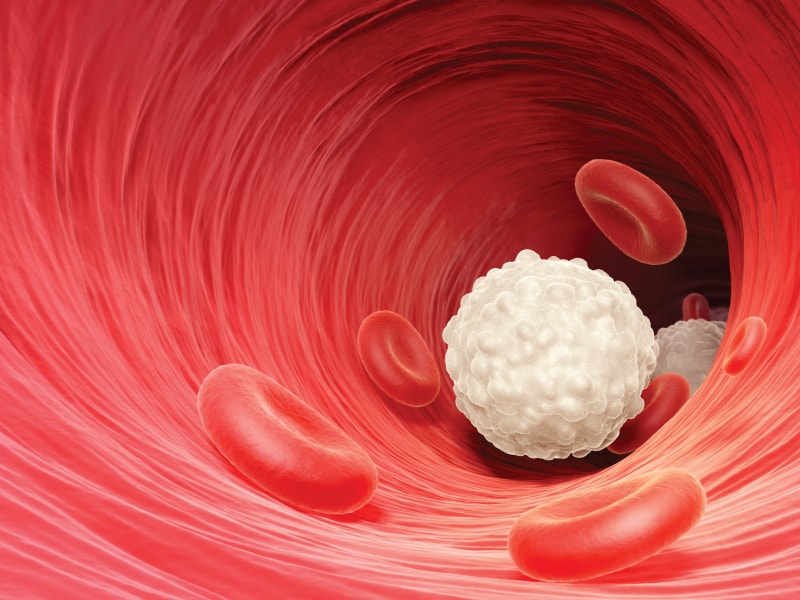
Let?s face it: leukocytosis is a pretty scary-sounding word. For the uneducated, it immediately brings up connotations of leukemia, which automatically instills a sense of foreboding and fatality. The good news is that leukocytosis isn?t quite as life-threatening. But it can negatively impact your quality of life, which is why learning about it is critical for optimal health, balance and well-being.
As a holistic practitioner, I look for leukocytes or leucocytosis always. Advocating a whole-body approach to good, responsible medicine, I focus on the root causes of his patients? health concerns in order to determine the most appropriate ways to address them. Often, these previously unknown underlying environmental and lifestyle factors can play pivotal roles; once diagnosed, specific therapeutic actions can be taken to alleviate the ailments.
Leukocytosis is the increase of white blood cells, or ?leukocytes,? to levels outside the normal range. Traditional medicine explains this occurrence as a result of infection, injury, stress or other damaging bodily ailments. While certainly true, those advocating alternative or functional medicine have an additional explanation: our bodies are responding this way because of the type and quality of food we?re putting into them.
?Digestive leukocytosis? is just that ? leukocytes rising in an infection-like arc based on our consuming cooked, overheated food. The more foods are cooked past a point called their ?critical temperature,? the harder they are to digest and the more likely the potential for digestive leukocytosis. Not only that, but the entire cooking process leaches certain vitamins and antioxidants, which makes the final products even less nutritionally sound.
Fortunately, the remedy may be right in our home gardens or at the local natural food store. Just as Adam and Eve learned in the Garden of Eden, and cave dwellers figured out during the Stone Age, consuming a paleo diet rich in raw, unprocessed foods makes sense on a lot of levels. Think more fresh fruits, vegetables, cold-water fish and lean meats ? and less simple carbohydrates, processed items or foods that have been denatured or harmfully charred by overcooking.
But consuming raw foods isn?t for everyone. In fact, if you haven?t tried it before, it?ll take a certain acclimation process as most people aren?t physiologically built to handle exclusively raw foods right away. As with anything new, you?ll want to consult your regular physician to make sure it?s an appropriate dietary approach for you.
Once you?ve gotten the go-ahead, you?ll want to take things slowly. Gradually wean yourself away from processed and overcooked foods, caffeine, milk, gluten and salt, along with any negative lifestyle habits like smoking or alcohol/recreational drug consumption. Once your body resets itself, and the bacteria in your system is properly balanced, you?ll be tackle raw foods with the best of them.
If you?re interested in learning more how you can minimize leukocytes while maximizing nutrition, we would be glad to schedule a consultation at your convenience. Contact either our Brooklyn office (718-382-9200) or Great Neck office (516-467-0253) to learn more or make an appointment.

